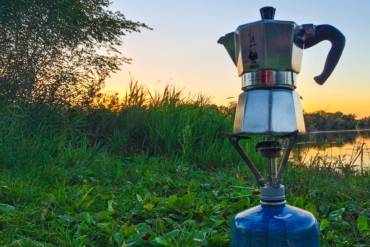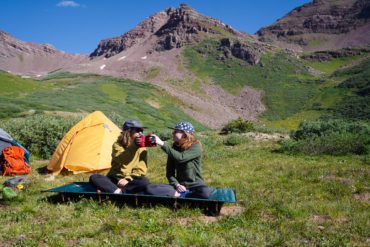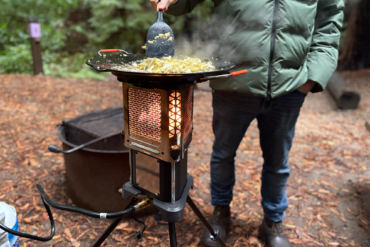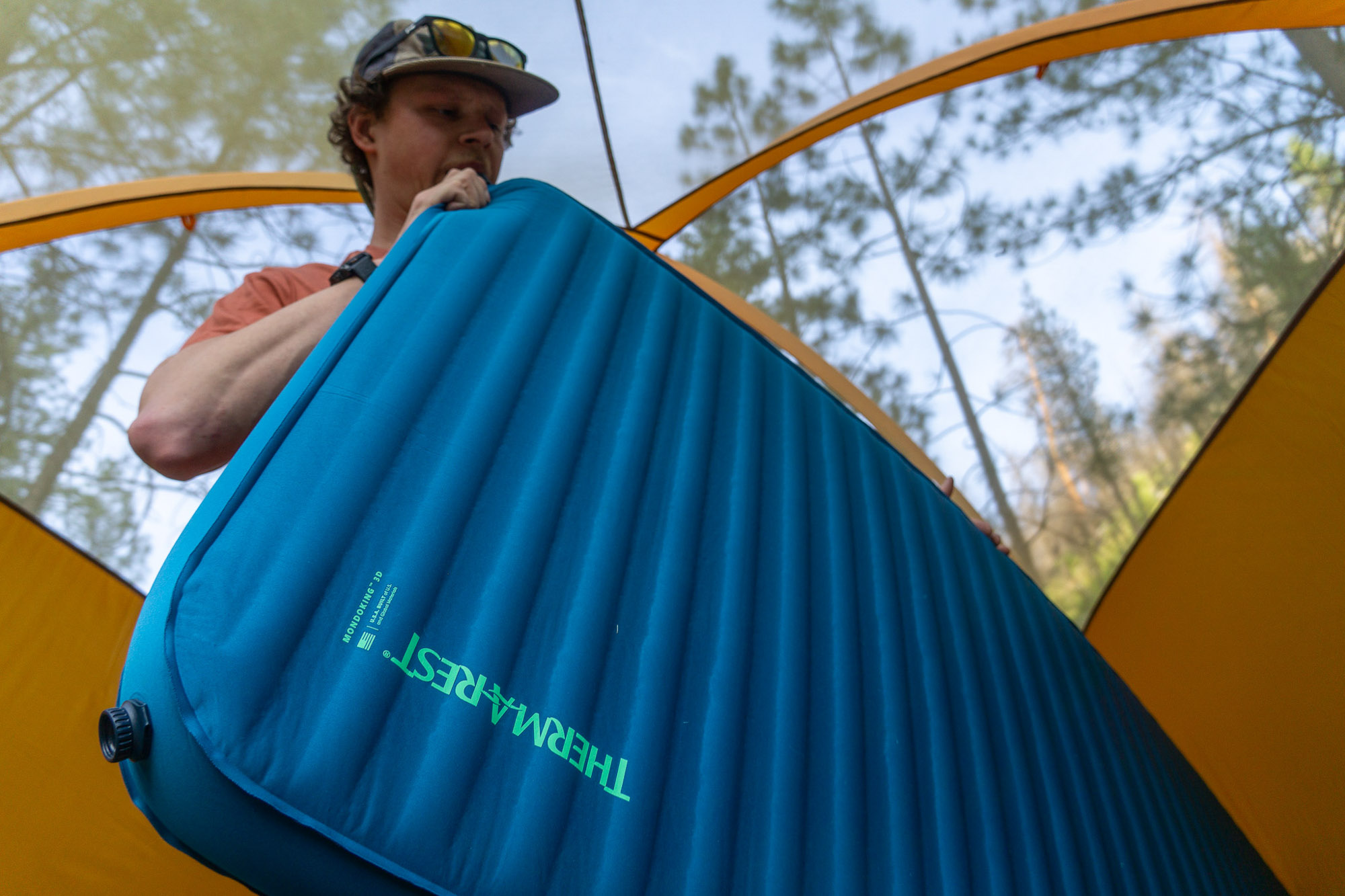A group of four traveled to Gates of the Arctic National Park in northern Alaska to research the impact of a proposed 220-mile state-funded road. This is the gear they used to support the trip.

The Arctic is a big, empty, and unforgiving place. Tussocks — large and uneven mounds of grass — blanket the ground, making it hard to travel long distances at times or find a flat place for a tent. Everything within this region feels scarce except cold water and dense swarms of bugs.
The weather is harsh and changes fast. It truly is one of the last wild places on earth. Traveling self-supported here is often a test of planning, preparation, and decision-making.

We knew all of this going into our trip. It would be cold and wet. We knew to pack extra food, to plan contingencies, and to bring gear we trusted and could repair easily. Tents would be our only safe refuge. Our stoves would need to run on any type of fuel, and “waterproof” needed to be more than marketing lingo.
We had to respect gear just like we did the land we were traveling through.
Proposed ‘Ambler Road’ Into the Arctic

We had 2 weeks to research the impact of the proposed Ambler Road, in Gates of the Arctic National Park. The 220-mile road would open up the southern side of the Brooks Range to copper mining and future mineral extraction.
It’s one thing to understand the economic costs, biological consequences, and ecological concerns through the screen of a laptop. It’s another to build a personal relationship with the land and the people that would experience this change forever.

We wanted to see it ourselves. We wanted to walk the road corridor, paddle the rivers that were threatened, and get to know the communities that the road would affect most.
Gear for Alaskan Arctic Backcountry
To do these things we needed the right gear. Stuff that is lightweight, durable, and reliable in all kinds of conditions. Stuff that wouldn’t overload our packs but still support our ankles. Here’s what we selected.
Teva’s Arrowood Utility Boot and Hurricane XLT Sandal

Waterproof leather allowed us to trek through the rainy Arrigetch Peaks for four days with steady traction and relatively warm toes. Sandals gave us flexibility in marshy sections and while paddling down the Alatna River. The combined weight was manageable and flexibility helped daily. While Teva isn’t known as a technical brand, its product may surprise you.
Buy Teva Hurricane XLT Sandals Now
Rab’s Latok Rain Jacket, Valiance Insulated Jacket, and Vantage Pants

Little known in North America, Rab is a premier apparel manufacturer in the rest of the world. Primarily known for extra-warm down jackets, Rab’s gear couldn’t have worked better for us — which is to say, we talked about it almost never. Instead of worrying about being wet or cold, we put our energy into planning traverses and paddling miles on the river.
Buy Rab Valiance Insulated Jacket Now
MSR’s Dragonfly Stove, Guardian Filter, and Hubba Hubba Tents

If you’re traveling internationally (or to remote places like the Arctic), do yourself a favor and get a Dragonfly. They are easy to repair, run on any type of fuel, and work in the pouring rain.
When paddling a very silty river, the Alatna, our second filter plugged in less than 4 lL. While the Guardian costs more than many other filters, it self-cleans, pumps faster, is ultra-durable, and undeniably worth the investment.
The award-winning Hubba Hubba tents are fast to set up and offer a full rain fly that worked well in very strong Arctic winds.
Osprey’s Aether and Atmos Packs

Quite simply, I think they are the best packs out there — and I don’t think it’s close. Sitting comfortably on your back, both packs allowed us to carry enough gear for four days of technical traversing without hassle. When you’re scrambling over wet scree or up slick granite slopes, you want a pack that is well-designed and well-built. This is my best option.
Mountain Hardwear’s Phantom Torch and Phantom Flame Sleeping Bags

Warm and light, these down bags couldn’t have worked better. Our warm sleepers went with Flames and cold sleepers went with Torches. Both were able to fit into small stuff sacks and thereby saving space in our packs while helping us sleep well at night, despite frost most nights.
Buy Mountain Hardware Phantom Torch Now
Buy Mountain Hardware Phantom Flame Now
Garmin’s inReach Satellite Communicator And Maps
There are very few products that changed the way I plan trips or the way I travel in the backcountry. An inReach did both. It’s a security blanket that every backcountry trip should have, and a hyper-precise navigation tool that gets you out of sticky situations.
Buy Garmin inReach Satellite Communicator Now
Deck of Cards

Helps make even the coldest days a little more enjoyable.






